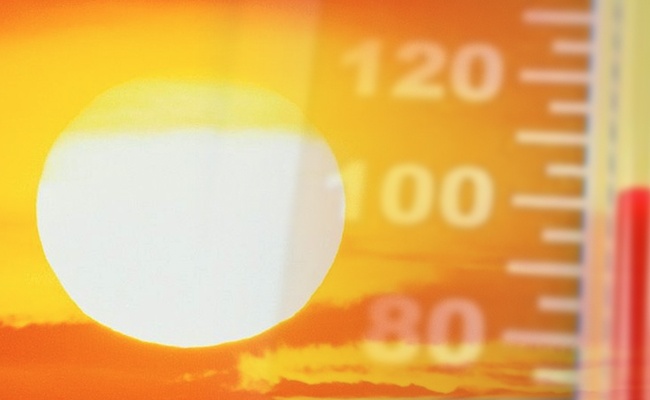INSTITUTE INDEX: Drastic changes ahead for the Southeast's climate

According to an extensive new scientific report released this week, degrees Fahrenheit by which the average temperature in the Southeast* is expected to rise this century: 9
Degrees F. by which average temperatures in the Southeast have already risen since 1970: 2
Rank of the past decade among the warmest on record in the Southeast: 1
Additional days per year temperatures are expected to exceed 95 degrees F. across the southern half of Florida by the mid-21st century: 35
Months by which the region's freeze-free season is expected to lengthen: up to 1
Percent by which heat waves in the Southeast are expected to lengthen by century's end: 97 to 234
Feet by which sea level is expected to rise along the Southeast coast by 2100: 1 to 5
Percent by which annual precipitation is expected to decrease in Louisiana and Arkansas: 12
Percent by which annual precipitation is expected to increase in North Carolina and Virginia: 6
Percent by which the incidence of diarrhea is expected to increase worldwide, including in the Southeast, due largely to an increase in waterborne pathogens in warmer waters: 10
Rank of the Southeast among U.S. regions with the most billion-dollar disasters during the past three decades: 1
Rank of the Southeast among U.S. regions that consume the most energy: 1
Percent of the U.S. total that energy consumption in the Southeast represents: 27
Percent of energy consumed in the Southeast by the industrial sector, which is greater than the national average: 31
By residential use, which is lower than the national average: 23
* The report defines the Southeast as including the states of Alabama, Arkansas, Florida, Georgia, Kentucky, Louisiana, Mississippi, North Carolina, South Carolina, Virginia and Tennessee, as well as Puerto Rico and the U.S. Virgin Islands.
(All of the figures in this index are from "Climate of the Southeast United States: Variability, Change, Impacts, and Vulnerability," published this week by Island Press. The report is part of the U.S. National Climate Assessment.)
Tags
Sue Sturgis
Sue is the former editorial director of Facing South and the Institute for Southern Studies.
